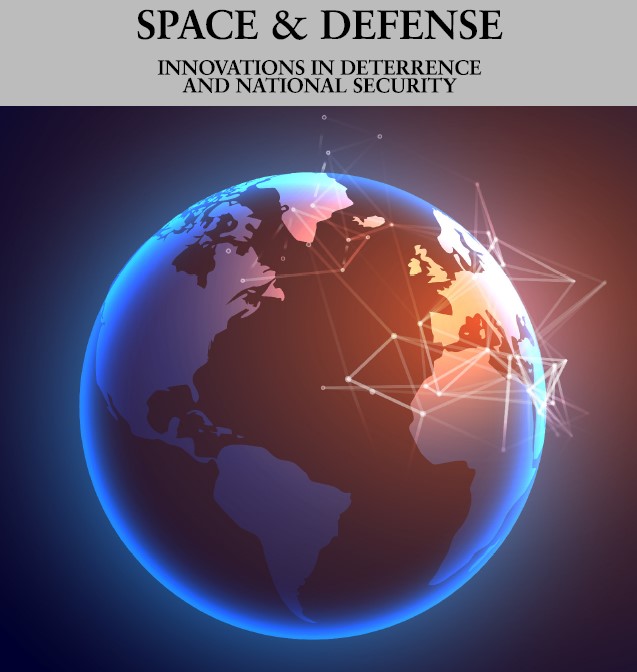Space and Defense

Abstract
Student Voice
In his most well-known work, Vom Kriege, Carl von Clausewitz suggested war is a continuation of policy. He proposed governments primarily use warfighting to achieve political ends. Since America's independence in 1776, geopolitics have shaped the nature of America's conflicts overseas. In the last century, the U.S. endured several different geopolitical phases. Despite Woodrow Wilson's reelection slogan, "He kept us out of war," America involved itself in an eruption of imperial interests in Europe during the Great War. Two decades after the First World War, on December 7, 1941, the Japanese Naval Air Service attacked Pearl Harbor. President Franklin D. Roosevelt called upon Congress and the country to activate the mighty "Arsenal of Democracy" against the Axis Powers. After the Second World War, a new era opposing communism began, and America waged the Cold War - in which the Soviet Union (USSR) and the United States vied for global hegemony. After the collapse of the USSR in 1991, America wished for a stable unipolar world, one that some suggested was "the end of history." The infamous attacks on America, on September 11, 2001, nevertheless drove the U.S. headlong into a new era of engagement, the Global War on Terror.
DOI
10.32873/uno.dc.sd.13.01.1063
Recommended Citation
Grady, Noah
(2022)
"McMaster's Master Work on Geopolitics and the Future of America: A Review of Battlegrounds: The Fight to Defend the Free World (NY: HarperCollins, 2020),"
Space and Defense: Vol. 13:
No.
0, Article 10.
DOI: 10.32873/uno.dc.sd.13.01.1063
Available at:
https://digitalcommons.unomaha.edu/spaceanddefense/vol13/iss0/10
Included in
Asian Studies Commons, Aviation and Space Education Commons, Defense and Security Studies Commons, Eastern European Studies Commons, International Relations Commons, Leadership Studies Commons, Near and Middle Eastern Studies Commons, Nuclear Engineering Commons, Science and Technology Studies Commons, Space Vehicles Commons
